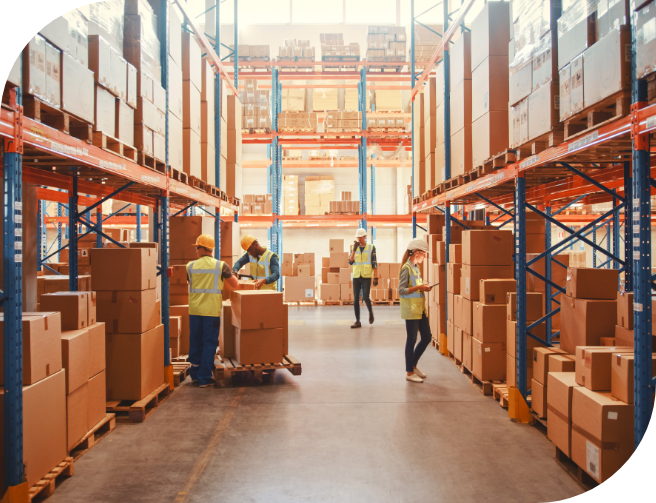Start moving in the
right direction.
Speak to us today to see how we can improve your business logistics, freight and customs related issues.

Recently, it was reported that eight Maserati cars arrived here from London for a 7 day motoring tour that started at Torquay last Tuesday, and drove along the Great Ocean Road to Sydney.
Six of the eight cars shipped to Australia were not able to partake in the rally and were held back in a warehouse. As the importers of these vintage cars were not able to provide adequate assurance that the vehicles did not contain components with asbestos, they were not allowed release unless testing for asbestos could be undertaken by the Australian Border Force. Such testing would involve drilling holes in the vehicles which the importer declined to authorise but was ultimately given permission to export the vehicles back overseas.
The two vehicles that were allowed entry to Australia were built after it was made illegal to produce cars containing asbestos.
According to regulations, for vehicles considered at risk of containing asbestos, if adequate assurance is not provided to the Australian Border Force, importers will face delays and be responsible for costs incurred when the vehicle is held at the border for the purposes of sampling and testing.
Last year Clarke Global News covered an issue about the risk of importing inexpensive second-hand Vespas containing asbestos in their components, in the following article linked here: Asbestos laced goods: Importers to be aware of massive ABF penalties. A large number of Vespas were found to be coming out of Vietnam that were left behind during colonial times. In one case, what seemed to be an inexpensive import, turned out to incur $2,000 extra costs after the bike was moved to a depot for testing and found to contain asbestos in its break-pads.
If Australians are importing classic or old vehicles and motorbikes they need to make sure they have adequate documentation and assurances that only a credible supplier can provide plus NATA accredited testing and certification if unsure. These documents are:
This does not just apply to second-hand goods, but new articles such as building materials, mostly from South East Asia as asbestos containing products were found in materials used on Perth Children’s Hospital a couple of years ago.
For further information about importer due diligence for asbestos, accredited testing and what happens when asbestos is found please refer to the Department of Home Affairs asbestos webpage which states: “The importation of asbestos into Australia is prohibited. An Australia-wide ban on the manufacture and use of all types of asbestos and Asbestos Containing Material (ACM) took effect on 31 December 2003. Work Health and Safety (WHS) laws in all states and territories prohibit the supply, transport, use, or handling of asbestos unless an exception or exemption applies.”
Please feel free to contact the team at Clarke Global Logistics on 9854 3000 or email enquiry@clarkeglobal.com.au for advice before importing any goods you are unsure of.
Photo by cocoate.com 


Established in 1917, Clarke Global Logistics is a reputable Australian Customs Broker and Freight Forwarder; offering a totally integrated trade service both locally and globally.

Speak to us today to see how we can improve your business logistics, freight and customs related issues.